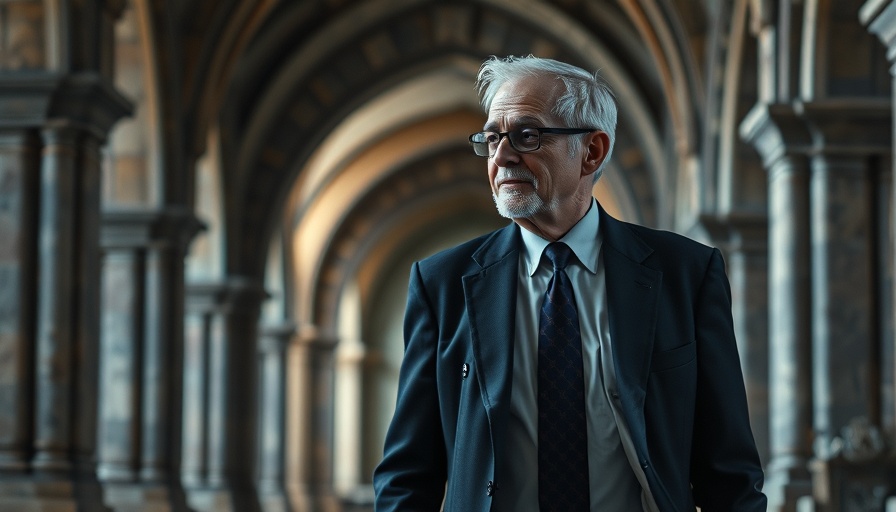
Schumer's Postponed Book Tour: A Remarkable Political Landscape in Philadelphia
U.S. Senator Chuck Schumer's recent decision to postpone his book tour stop in Philadelphia has stirred significant conversation in political and social circles alike. This decision, which relates to his support for a Republican-led spending bill, highlights the tense emotions running high among the Democratic party and underscores the often volatile relationship politicians maintain with their constituents.
Protests Brewing Over Political Decisions
Schumer, who planned to discuss his new book 'Antisemitism in America: A Warning' at the Weitzman National Museum of American Jewish History, faced mounting backlash from Democratic activists. His vote to advance the Republican-sponsored funding bill—a choice some political commentators have termed a "Hobson’s choice"—ignited a firestorm of protests, prompting the senator to reassess his public engagements across the East Coast.
Many Democrats are frustrated by Schumer's decision, fearing it could further empower a conservative agenda championed by figures like former President Trump and entrepreneur Elon Musk. With certain activists aiming to stage protests at Schumer's events, it seems clear that the grassroots sentiment is as heated as ever.
Schumer's Position: Balancing Act or Capitulation?
In Schumer's defense, he described the dilemma involved in his decision as a difficult call aimed at averting a potential government shutdown—one that many believe would have disastrous repercussions for essential social programs such as food stamps and Medicare. "The choice was between a bad bill and a catastrophic shutdown that would imperil countless lives," Schumer explained in a recent interview with The New York Times.
The disapproval from his party peers exemplifies a broader dissatisfaction with what many perceive as insufficient opposition to the current political climate. Democratic Congressman John Fetterman articulated this sentiment, expressing frustration over the party’s approach when faced with adversity from the Republican administration.
The Wider Implications of Political Decisions
For Philadelphia's top earners and community members, these political dynamics do not just exist in the realm of Washington politics; they reverberate through everyday life. The questions surrounding Schumer's leadership come with implications for local guidance and representation within the party.. As discussions unfold nationally about the minimalization of safety nets under Republican influence, residents wonder how decisions in the Senate affect their own futures.
Activists and concerned citizens are taking direct action to express dissatisfaction with Schumer and other Senate leaders. Not only does this showcase a vibrant engagement with governance, but it also reflects the existence of considerable rifts within the Democratic party.
What’s Next for Schumer and Democratic Leadership?
As Schumer's book tour events are rescheduled and the fallout from his recent vote continues, Philadelphia's residents should remain engaged. Awareness of how political chess expands beyond the confines of Congress and into communities is crucial for effective civic discourse. The changing dynamics might present opportunities for new leadership to emerge, especially as younger constituents voice the need for a more assertive political presence.
Ultimately, the postponement of this book tour serves not only as a political cautionary tale but also as a reminder of the interconnectedness of representation, community sentiment, and the actions of elected officials—an intricate dance that will continue to unfold in the months ahead.
Stay Tuned for New Dates and More Insights
As we await news regarding rescheduled events, it is essential for top wage earners in Philadelphia to remain vocal and engaged in local politics. Understanding the implications of decisions made on Capitol Hill informs personal investment in community resilience and active citizenship. Stay informed, raise your voice, and consider the importance of supporting leaders who align with your values.
 Add Row
Add Row  Add
Add 




Write A Comment